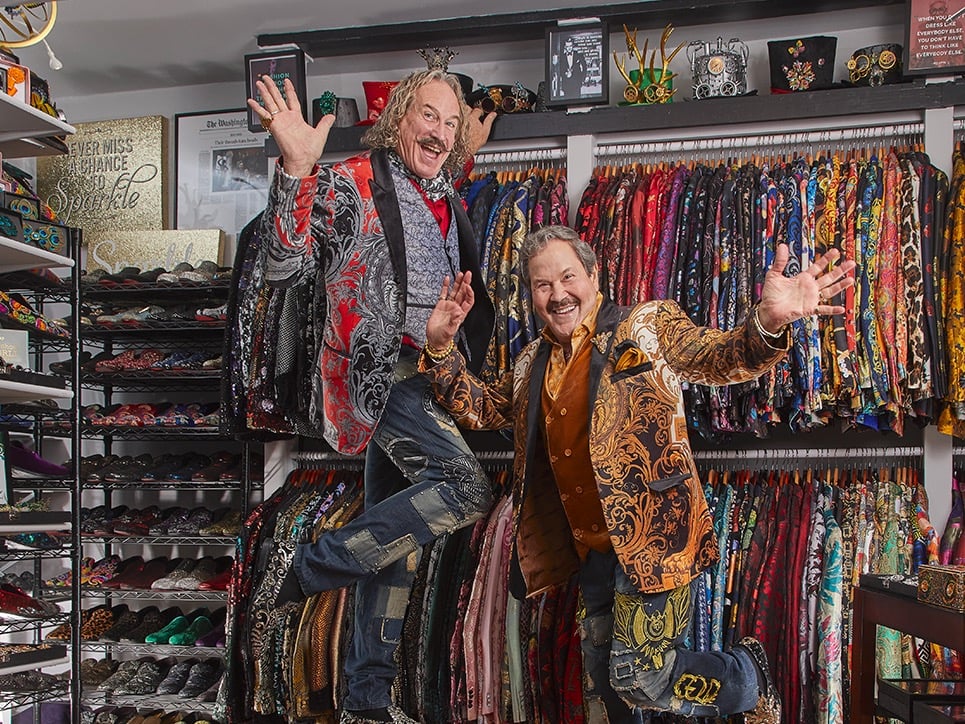By Lisa Shroder
Visit complaint Web sites and you’ll find instances where customers were mistaken or didn’t do their homework. The reasons: more complicated stuff in our lives, from cell phones to iPods; less consumer education; and a culture of instant gratification, where people buy first and discover problems later.
As president of Alexandria-based Customer Care Measurement and Consulting, Scott Broetzmann has studied consumer complaints and the anger often induced by them. While firms can do better, he notes, “There are lots of incompetent customers—whether they misuse the product or are too lazy to read the directions.”
David Horowitz’s Web site, FightBack.com, offers examples of customers not doing their homework. In one, a couple complains of paying for a Carnival cruise and then not being able to board because their names weren’t in the company’s computer. It turned out the couple hadn’t met the payment deadline even after being granted numerous extensions.
Broetzmann says the data support a “sense of entitlement” on the part of customers, often resulting in unreasonable behavior. Faced with such customers, some companies cut them loose.
“Is it ever okay to fire a customer?” asks Ronald Goodstein, associate professor at Georgetown University’s business school. “If they’re unprofitable and take up more time and service. But there is a way to go about doing it.”
Denying service and telling a customer to go away leaves a sour taste, he says—and sometimes a desire for revenge. A 2005 Rage Study, in which Broetzmann’s firm participated, found that 15 percent of enraged customers would like revenge.
Of those, only 1 percent reported succeeding. If you consider bad word of mouth a form of revenge, that figure would have to be higher. Typically, a customer with a bad experience tells 11 to 15 people, according to Goodstein. The Internet makes it possible to tell many times that number. A study initiated by TARP, a customer-service research firm, found that negative word of mouth spread twice as fast as positive. And it’s twice as likely to be believed.
A smart company, Goodstein says, lets customers go gracefully, by showing them where they can find a better deal. Or a company can tell customers they’ll be charged fees for the extra services they want unless they do a certain amount of business with the firm.
“They can explain that the level of services desired is reserved for the more premier customer,” Goodstein says, “and that they welcome the opportunity to build that type of relationship. If not interested, the customer is left to opt out.”

















